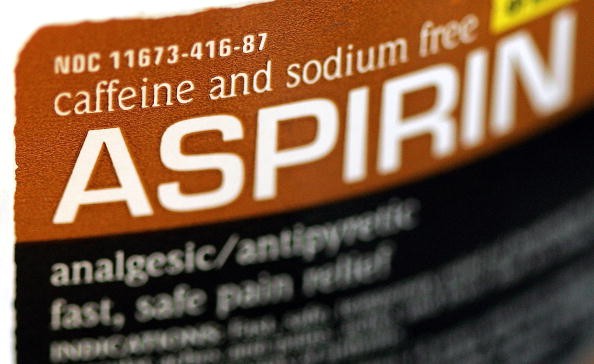
A daily small dose of aspirin has been shown to reduce the risk of both a second heart attack and colon cancer. But for younger women, the risks may outweigh the benefits.
For women under the age of 65, a 100-milligram aspirin tablet each day does give a slight reduction in the risk of heart attack, stroke, and colon cancer. But it raises the risk of significant gastrointestinal bleeding enough that the risks offset the benefits.
A study published in the journal Heart found that long-term low-dose aspirin for prevention is ineffective or harmful in the majority of women. However, for women over age 65, the benefits of low-dose aspirin against heart disease and colon cancer are large enough that they offset the still-present increased risk of bleeding.
This study is a clinical trial of nearly 28,000 women around age 55who were, for the most part, healthy and, and who were randomly assigned to take either a low-dose aspirin or a placebo. They were followed for 15 years. About 11% of the women developed cancer, or had a heart attack or stroke, or died of cardiovascular problems.
For every 133 women under age 65 on daily aspirin one woman would have a gastrointestinal bleeding event serious enough to require hospitalization. One in 29 would have a less serious bleeding event or develop an ulcer. But 709 women under age 65 would have to take aspirin daily to prevent one case of colon cancer and 371 would have to do so to avoid one cardiovascular complication.
Low-dose aspirin is often prescribed by doctors for people who had a heart attack since it has been shown to help prevent a second heart attack. However, it has never been clear if a low dose aspirin will prevent a first heart attack.
The dose of aspirin prescribed for people to use daily is 100 milligrams. When used to treat a headache or lower a fever, the usual dose of aspirin is two 325-milligram tablets, or 650 milligrams.



